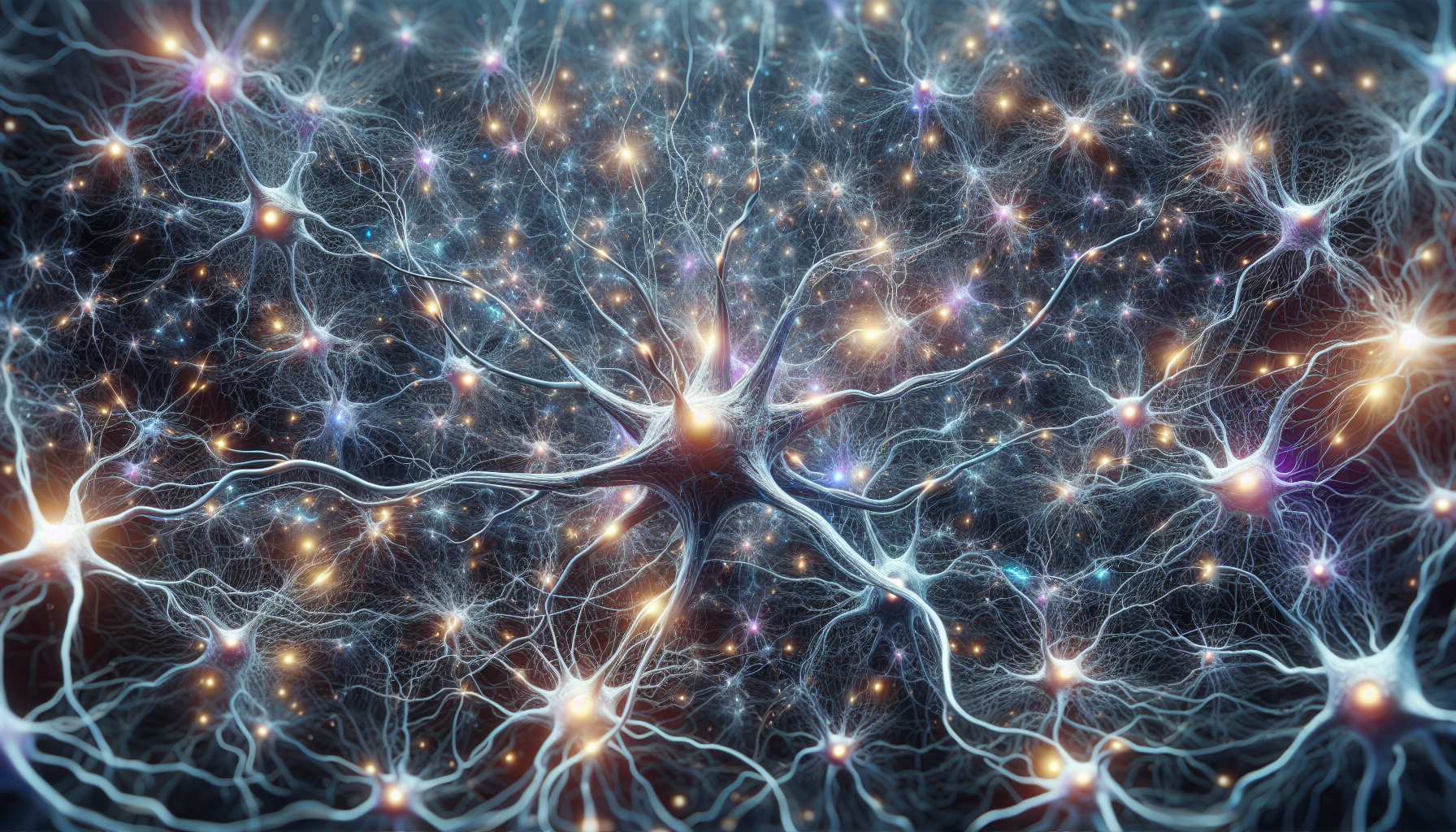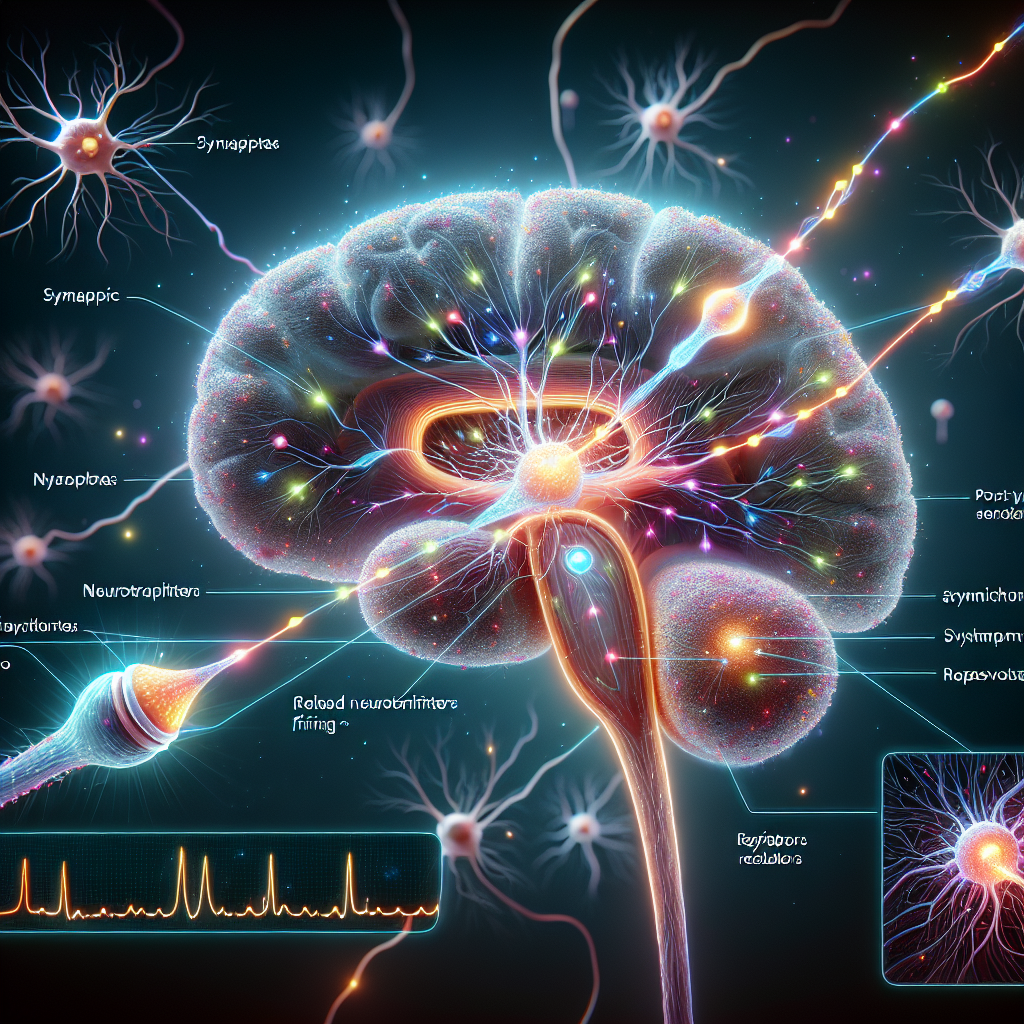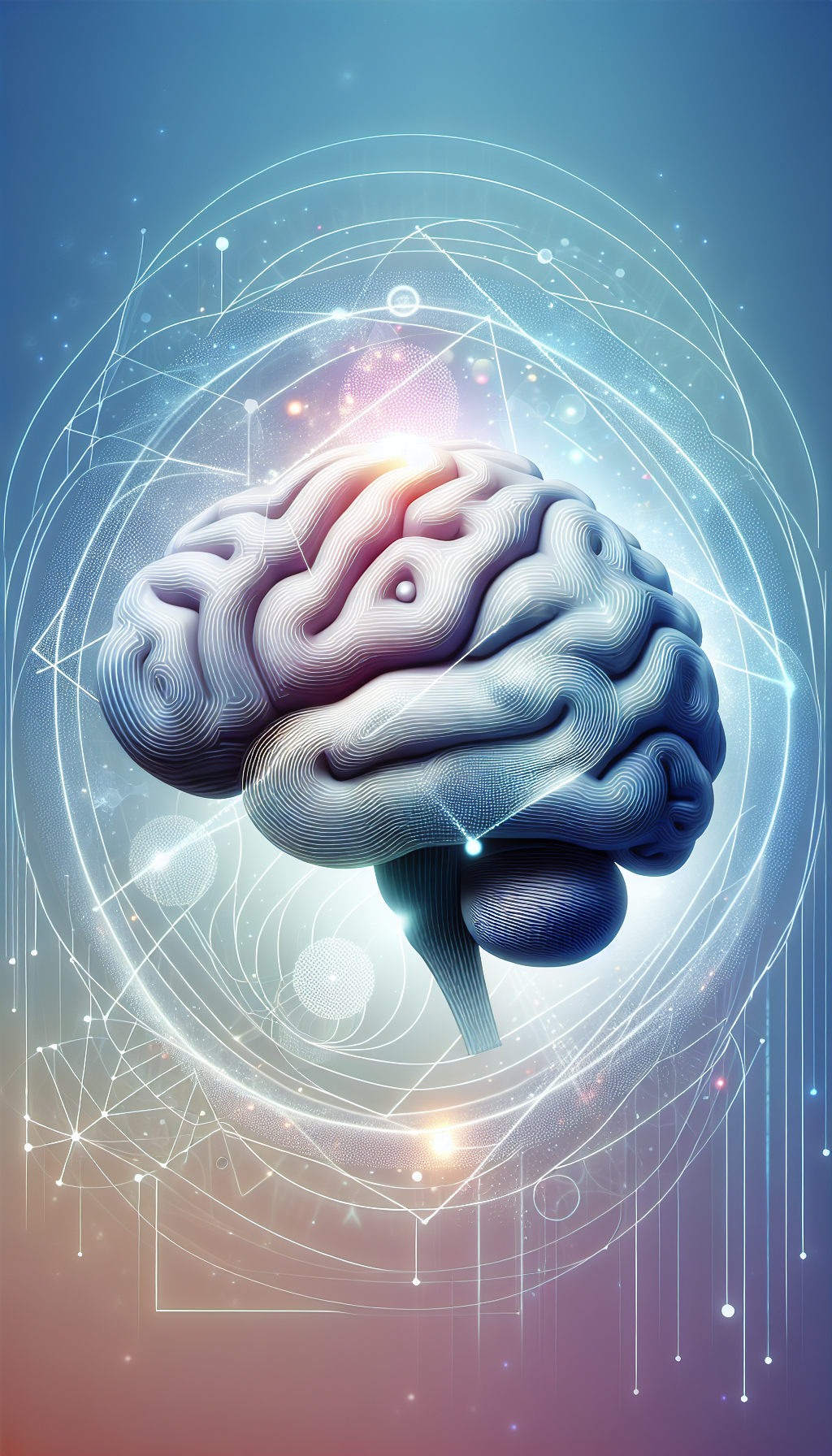The human brain is a marvel of complexity and nuance, orchestrating every thought, movement, and sensation. Our digital era, however, has introduced an array of new variables that could be impacting our brain health. With the advent of the internet, smartphones, and social media, our cognitive landscapes are changing, and not always for the better. In this exploration, we will delve into the multifaceted risks and challenges our brains face in the digital age, informed by insights from the field of neuroscience and psychology.
The Digital Environment and Cognitive Overload
In a world saturated with digital devices, our brains are bombarded with information at an unprecedented rate. The phenomenon of cognitive overload, where the volume of information exceeds our brain’s processing capacity, has become commonplace. Excessive screen time and the constant switch of attention that comes with multitasking between apps and notifications can lead to reduced attention spans, increased stress, and even burnout.
Research has demonstrated that our brains are not built for the high level of task-switching that modern technology demands. The cognitive cost of this digital multitasking is significant, potentially leading to diminished productivity and a compromised ability to make decisions.
To navigate this digital landscape, it’s crucial to develop strategies for managing screen time and prioritizing tasks. Techniques such as mindfulness and single-tasking can help mitigate the risks of cognitive overload.
The Influence of Social Media on Mental Health
Social media platforms, while offering many benefits, can also pose risks to our mental and brain health. The constant comparison with others’ curated lives can lead to feelings of inadequacy and depression. Moreover, the addictive nature of these platforms can hijack the brain’s reward system, leading to compulsive behaviors and an unhealthy dependence.
It’s essential to foster a balanced relationship with social media, setting boundaries for usage and being mindful of its impact on our mental state. For valuable insights on this topic, consider reading The Influence of Alcohol and Drugs on Brain Health, which explores how various substances can affect our cognitive functions and overall brain health.
Sleep Disruption in the Digital Age
Blue light emitted by screens can interfere with our circadian rhythms, making it harder to fall asleep and potentially leading to chronic sleep deprivation. Sleep is critical for brain health, as it is during sleep that our brains consolidate memories and clear out toxins.
The use of devices before bedtime can significantly impact the quality of sleep, which in turn affects cognitive function, mood, and even the risk of developing neurodegenerative diseases. Incorporating habits such as a digital curfew before bed can improve sleep hygiene and protect our brain health.
Protecting Brain Health in a Digital World
In the face of these challenges, there are proactive steps we can take to safeguard our brain health:
-
Digital Detoxes: Taking regular breaks from digital devices can help alleviate the strain on our cognitive resources. This practice can lead to improved focus, reduced stress levels, and a better balance between our online and offline lives.
-
Ergonomic Considerations: Proper posture and ergonomics while using devices can prevent physical strain that can also affect cognitive function. Regular physical activity can counteract the sedentary lifestyle encouraged by digital device usage. Learn more about this by exploring The Benefits of Yoga for Cognitive Enhancement.
-
Nutrition and Brain Health: A balanced diet rich in omega-3 fatty acids, antioxidants, and vitamins can support brain health. For more details, consider the insights provided in How Omega-3 Fatty Acids Support Brain Health.
-
Mental Exercise: Engaging in activities that challenge the brain, such as puzzles, learning new skills, or speaking multiple languages, can help maintain cognitive vitality. The article on Benefits of Lifelong Learning on Brain Health offers a deeper dive into this subject.
To access a wealth of information regarding various aspects of wellness, including brain health, Avix Health is an excellent resource.
External Resources for Further Exploration
-
The Sleep Foundation offers in-depth resources on sleep hygiene and the impact of blue light on sleep quality.
-
For those interested in the science behind multitasking and cognitive overload, the American Psychological Association has published findings that delve into the effects of multitasking on the brain.
-
The Center for Humane Technology provides tools and resources to help combat the addictive nature of social media and promote healthier digital habits.
-
For a comprehensive understanding of how posture affects our brains, the Spine Health Institute has valuable information on ergonomics and posture.
Conclusion
The digital age presents a complex array of risks to brain health, but awareness and proactive measures can help us navigate these challenges effectively. By understanding the potential adverse effects and implementing strategies to mitigate them, we can enjoy the benefits of technology while maintaining our cognitive well-being. It’s about finding balance in the digital world, respecting our brain’s limitations, and nurturing our mental health with the same diligence we apply to our physical health.



